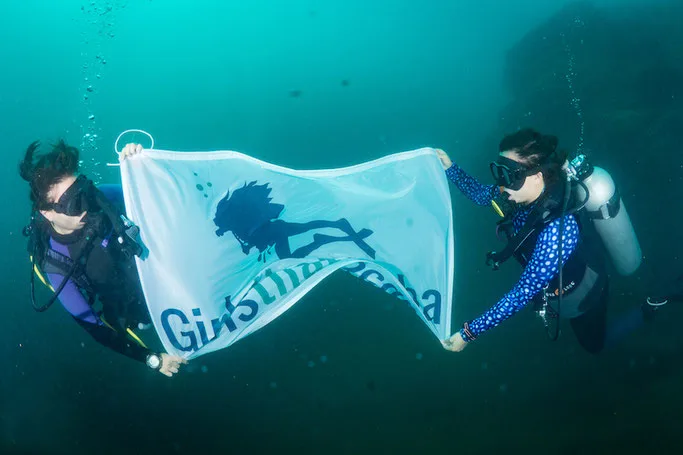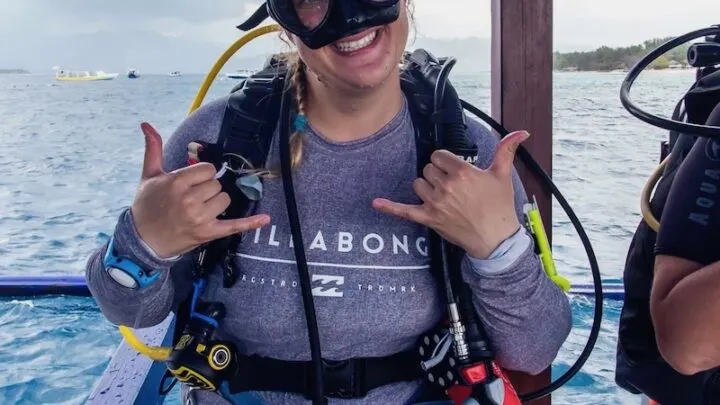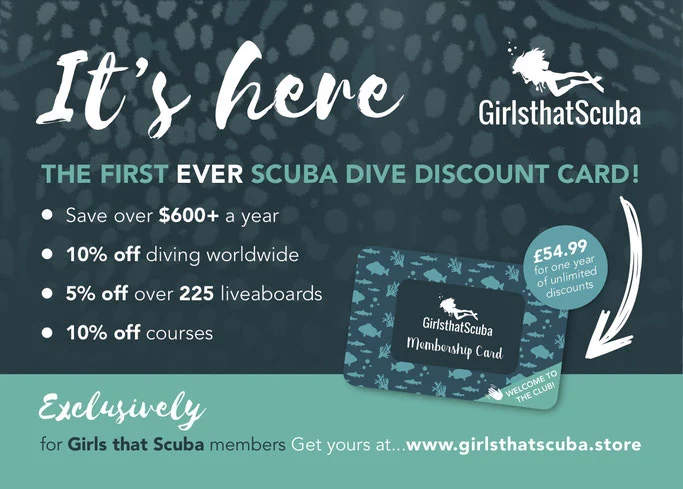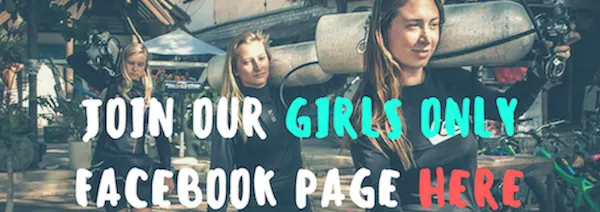Learning to scuba dive will be one of the best things you’ve ever done, but where do you start? What does it take? How much does it cost?
We take a look at everything you need to know about your first course you take to start scuba diving; your Open Water Course.
Before you dive into your Open Water it’s probably a good idea to consider the basic requirements
-The course is aimed for people from 10 years of age and above.
-The course requires you to get a medical certificate if you flag up any concerns in the small medical questionnaire.
-You must be able to demonstrate swimming skills, by swimming at least 200 meters, floating or treading water for ten minutes.
All of these requirements are generally done within the group who you will complete your Open Water with.
How long will your Open Water Course take?
The course is designed to fit around you, you can take as long or as little as you want provided you have completed all the necessary requirements and objectives of the course. The variation depends on the dive centres, if you are wanting one or two dives a day and how quickly you can get through the five dive theory chapters, knowledge reviews and quizzes to go with them.
Generally however the course lasts between three to seven days. If you feel you may be pushed for time to get everything completed, you can even do your four dive theory chapters online to speed all things up, making lack of time an even smaller issue!
Where should you do your Open Water Course?
The beauty of the Open Water course is that really you can do it anywhere with a big enough body of water to conduct the tasks. Whether it is a pool, ocean front, lake, river or quarries. There are thousands of open water courses available all over the world, being present in over 100 countries. The majority of offerings for open water are naturally close to the ocean with ample dives sites. The top countries to get your Open Water are America, Australia, Thailand, Indonesia and Philippines plus many more. However if you are eager to get your qualification but don’t want to travel to a different country simply for your qualification, search for your local dive club who will be able to conduct your course in your home town.
Read also: Cheapest places to learn to dive
How much does the Open Water Course cost?
The cost of the Open Water varies depending on the country you are in or the facility you enquire with. Often within the costing of the course there are considerations on pricing such as accommodation, included meals, being on a liveaboard and equipment hire. The higher costing countries are generally Europe, Australia and North America (USA, Canada and the more tourist-y areas of Mexico), running from $400 upwards. If you are wanting to dive on a shoestring, the best countries to head to are Indonesia, The Philippines, Malaysia Thailand, Cambodia, Honduras and Belize.
Check our destinations guide for more info on any of these countries
Honduras sits at the cheapest around at around $225 with Indonesia and Malaysia knocking in at the top with $400 dollars. Often with cheaper open water dive courses all being incredible, the cost of living for the time while you are doing the course matches this.

What you will learn on your Open Water Course
In your open water course you are required to do a minimum of five dives. The first set will be ‘confined dives’. These consist of learning the skills and the gear mentioned above water and below.
The first session is all about getting used to the SCUBA equipment, taking your first breath, getting in and out the water, remaining calm, and buoyancy. How is this all done under water you ask? Before heading to your three confined dives to learn these basic skills, you will be surprised by how many underwater hand signals you understand and apply to communicate throughout the course that are discussed in the beginning land based education. Think ‘I have a problem’ ‘What is your air?’ ‘Watch me’ and numbers.
Past the first few dives you will build on these skills out in ocean dives, applying new tasks on navigation, dive buddies and safety procedures. Past the tasks of the course, the point of the open water dives are to have fun!
Enjoy the calm supernal beauty of being underwater while getting comfortable with the gear, air considerations and timings of a dive.
What comes after your Open Water Course?
Now it’s time the real fun begins! Get comfortable with diving, try out new equipment, explore new places, enjoy the feeling of being a scuba diver!
When you feel ready you can start to look into your Advanced Open Water course and learn even more about diving.
But for now, welcome to the best club in the world; scuba diving!
Written by Phoebe Howlett who 4 years ago was diagnosed with an illnesses that made her so ill, they said she would never be able to recover to lead a normal life again. However, she completely changed her lifestyle; diet, exercise, and attitude to life and with these changes came her recovery. She now want to show that everyone can make the most of their life, creating The Chance of Choice to do so. Follow her journey on Facebook.



